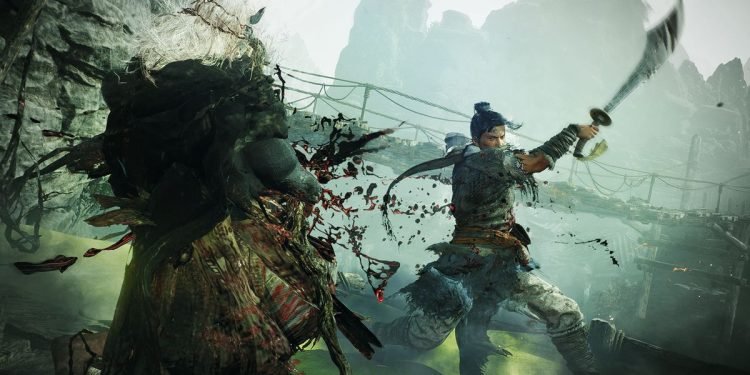Perhaps the most telling thing about Wo Long: Fallen Dynasty is that its first boss, a towering figure of a commander named Zhang Liang, took me about three hours to topple. Throughout a litany of my futile attempts, he staggered me repeatedly with a gargantuan mace, wiping out nearly a third of my health each time it bloodied my face. Within seconds, the battle was over, a dull red washing over the graceless sight of my crumpled, defeated body, and the Chinese phrase for “crushing defeat” was emblazoned across the screen. It soon became clear that what I was doing was not just wrong, but hopelessly inelegant: rushing headfirst into the fight with a fragile sword, hacking stupidly in the hope that something I did would leave a mark.
Wo Long has zero patience for ineptitude — a refrain you probably expect if you’re familiar with Nioh or Nioh 2, Team Ninja’s soul-crushingly brutal games set in feudal Japan — as well as an unwillingness to tolerate negligence. Take my battle with Zhang Liang, which could only be won when I finally internalized his attacks and movements, doled out in rapid, erratic intervals: a leap into the air and the slamming of his mace onto the ground; several hefty swings of the same weapon, whirled around like a weightless twig; and unblockable critical attacks that drained my health rapidly. To achieve victory, I need to be familiar with the game’s key maneuvers of quick ripostes, dodges, and magical spells, and be able to perform them at exactly the right moment — before my enemy seizes the upper hand. I should understand the cadence and flow of this seemingly impossible skirmish. And just when I think I’m done, I should steel myself for an even more difficult second phase.
This is the sort of demanding, almost onerous practice you need to maintain to overcome the harsh encounters in Wo Long. You traverse a fantastical Chinese countryside, spending your time gathering loot; recruiting companions in the form of military generals and mythical allies; and unlocking checkpoints and shortcuts in the vein of Dark Souls, Bloodborne, and, most directly, Sekiro: Shadows Die Twice. As was the case in Nioh and its sequel, Team Ninja demonstrates a deep understanding of what makes the “Soulslike” genre tick, and it deploys those learnings with an expert hand in its most ambitious project yet.
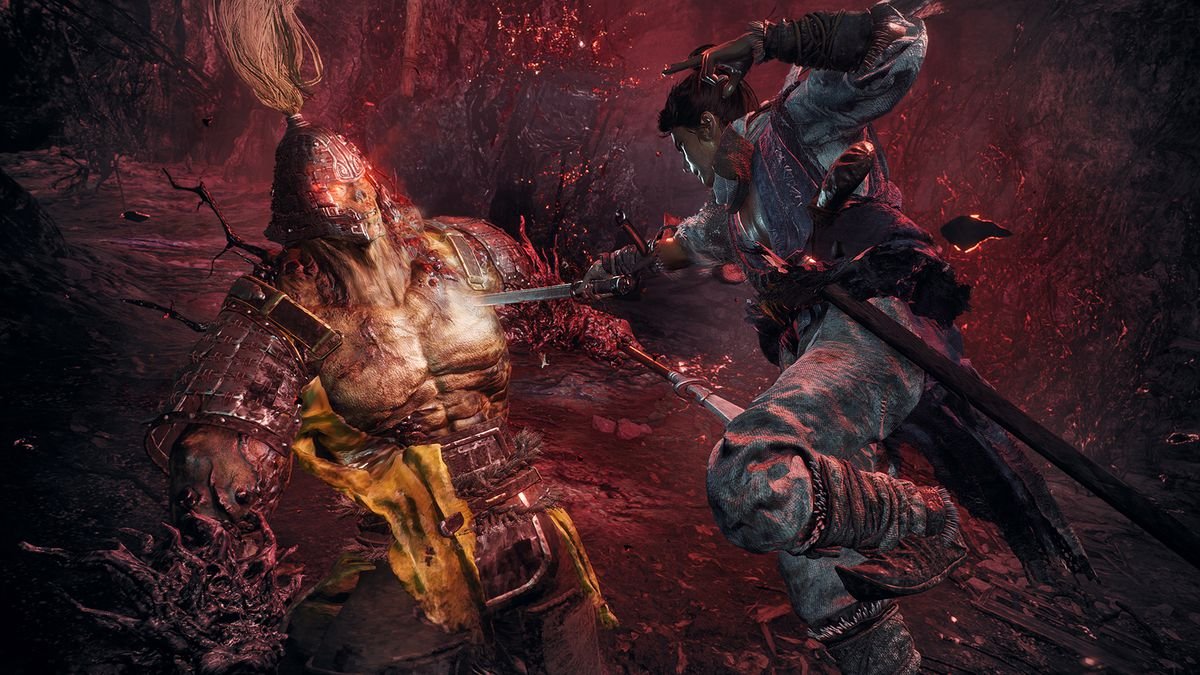
Image: Team Ninja/Koei Tecmo
Maybe even more impressive is Wo Long’s meticulous, borderline reverential approach to its narrative source material, at least in the chapters I’ve completed so far (I’ve spent around 14 hours with the game). As a fantastical retelling of the Romance of the Three Kingdoms saga — one of the most well-known Homeric epics of Chinese literature — Wo Long begins in a smoldering village, at the heart of a vicious war known as the Yellow Turban Rebellion. As a nameless hero gifted with a mysterious power, you’re unceremoniously thrust right into the thick of action. You explore deserted foothills, dilapidated palaces, and grassy plains and lakes nestled among towering mountain peaks — much like a pilgrimage across both pastoral and war-torn scenes of medieval China.
Wo Long avoids the clumsy heavy-handedness typical in games inspired by Chinese literature, where random Eastern-looking motifs are injected as a symbol of otherness. You can finish enemies off with a mix of supernatural powers and physics-defying, swashbuckling stunts, alongside companions who speak of righting wrongdoings with their steel, swearing eternal fealty, and making lifelong pacts. Mythical creatures — like the Zhu Yan, a monster plucked from the pages of the Chinese text on mythic beasts, Classic of Mountains and Seas — make frequent appearances. This is the Three Kingdoms tale reimagined as wuxia, a Chinese genre featuring swordsmen bound by a chivalrous code; Wo Long borrows liberally, and effectively, from this lexicon.
Wo Long’s backstory may be rich and expansive, but so is its elaborate system of combat rules. Fights are primarily centered around your rotating weapon loadout, be it a combination of sword and colossal halberd or ax and elegant spear, as you loot new armor and items, and aggressively carve your way through the fleshy bodies of your enemies.
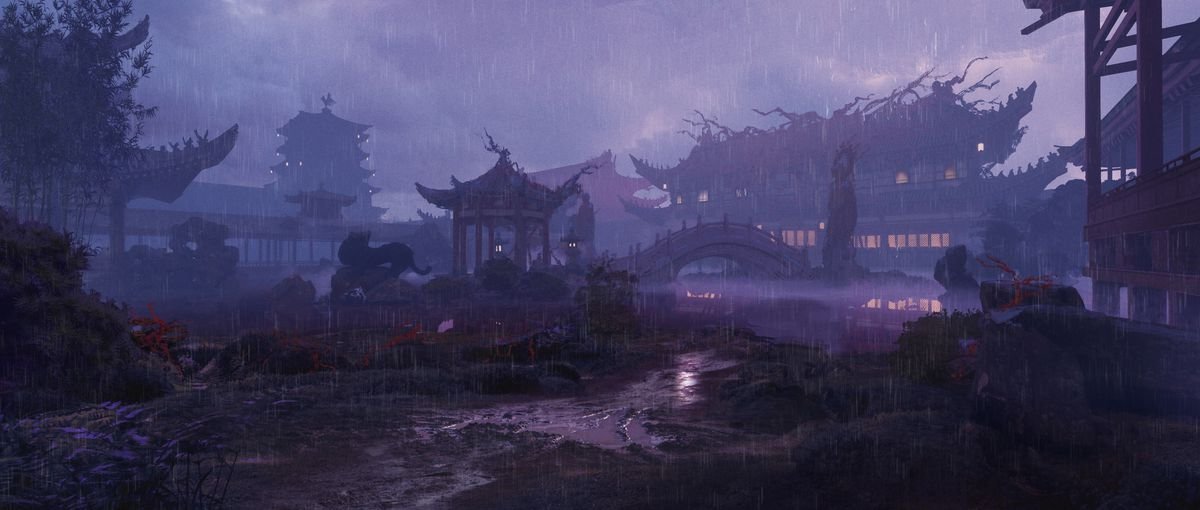
Image: Team Ninja/Koei Tecmo
Still, there’s a fine line to tread here; carelessness can be met with lacerations and heavy wounds, and even lowly foot soldiers can send you to a premature death. On the other hand, Wo Long rewards consecutive victories with a feature called morale rank, which temporarily increases with every enemy you slaughter. That said, the game taketh just as much as it giveth. Your enemies have their own morale ranks, too, which increase each time they kill you, be they an imposing boss or a lowly peon. Along with the stats of your equipment loadout, your morale rank — as it relates to your enemy’s — directly affects how much damage you deal and receive. At the same time, there’s also a way to regain your lost morale: by seeking vengeance on the same enemy that killed you. It’s an inventive spin on the Soulslike formula, as it indicates how challenging a particular match will likely be from afar — without you having to die multiple, needless deaths by plunging headfirst into random encounters.
There are experience points, too, in the form of what the game refers to as “genuine qi.” (This, by the way, is a bit of an odd translation choice; a similar Chinese phrase, “essential qi,” is frequently invoked in wuxia stories and has roots in traditional Chinese medicine.) Qi can be used to level up your character stats, and after certain intervals of upgrades, unlock points to be distributed across five elements: wood, fire, earth, metal, and water. These further affect your hero’s passive stats, from strength to vitality, but also grant new active abilities and magical powers. The game’s wizardry spells, which are based on those five elements, can mostly be used to augment your melee attacks and inflict status effects on your enemies — for instance, one creates an area-of-effect earthquake, while another creates a poisonous puddle at its place of impact. These feel mostly like flourishes, however, at least in the first few chapters; at that point, melee combat still makes up the core of the game.
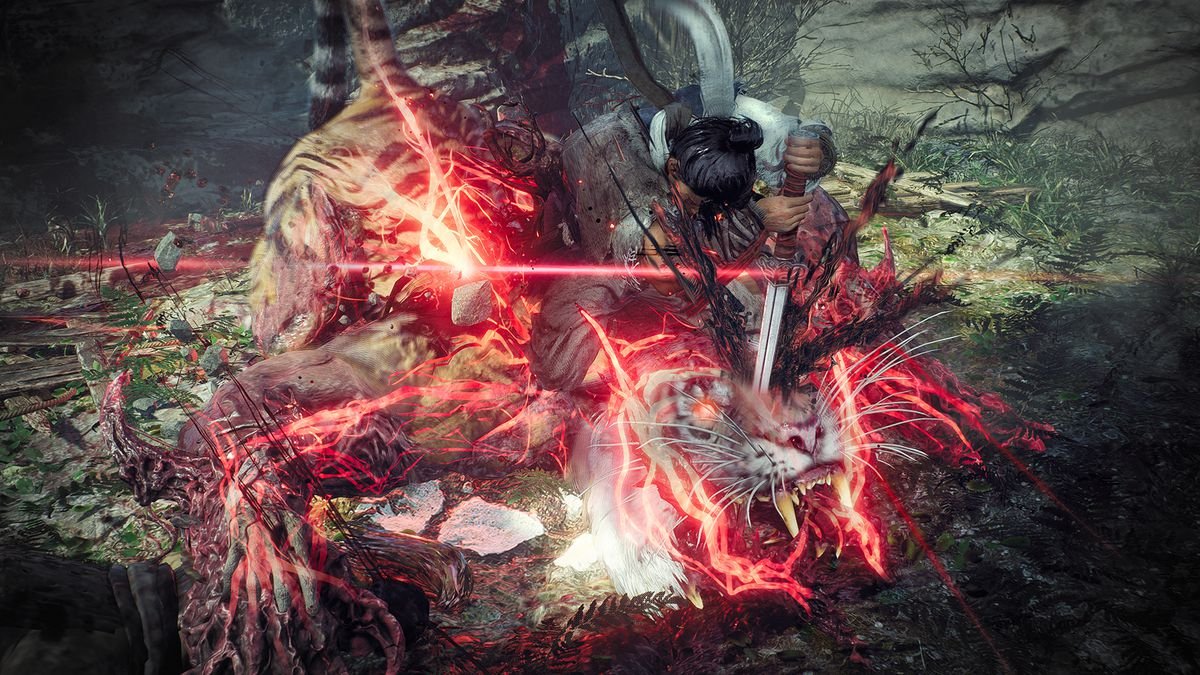
Image: Team Ninja/Koei Tecmo
If one single mechanic is the crux of Wo Long’s intense combat, it’s the deflect move. In fact, so many of the game’s encounters are contingent on this one balletic motion that victories can feel almost out of reach if you simply can’t get the hang of the timing. As is the case in Sekiro, guarding and dodging attacks in Wo Long merely offers temporary reprieve, buying you a precious few seconds to heal, cast a spell, and better comprehend the tide of combat. Block a flurry of attacks, and your defense will be broken, leaving you staggered and wide open for more incoming blows. Deflect a smidgen too early or late, and your health bar will be quick to convey the mistake.
But time your deflection just right, and Wo Long gives you ample space and time to retaliate, even allowing you to perform a powerful “fatal strike.”
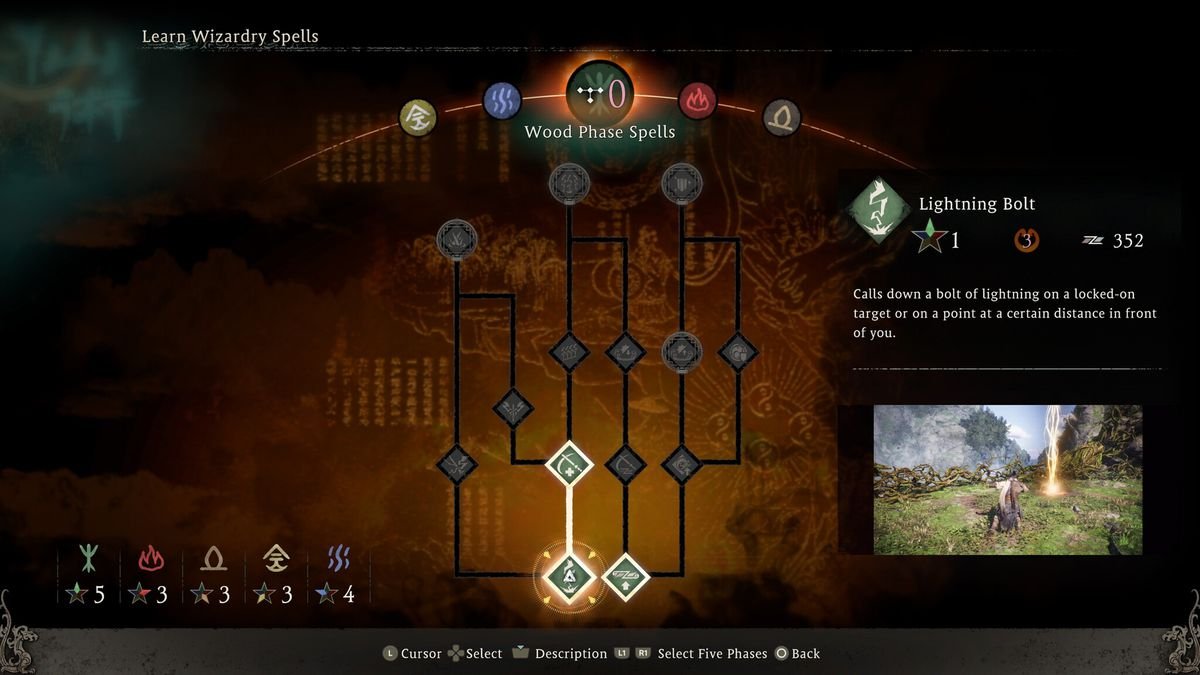
Image: Team Ninja/Koei Tecmo
The parry maneuver is a microcosm for Wo Long’s high-risk, high-reward ethos. This is a game equally concerned with immersing you in the breath-stopping flow state of a prolonged duel and with tossing you into a detailed and dangerous mythical world set around the Three Kingdoms saga. Publisher Koei Tecmo’s extensive portfolio in Three Kingdoms games — from the Romance of the Three Kingdoms strategy wargames to the Dynasty Warriors series — is perhaps why Team Ninja was afforded the space to refine its world and its mechanics equally.
Surviving the calamities of Wo Long requires nearly obsessive hours of practice. But what comes after is the exhilaration of being able to deftly execute hordes of enemies and demons alike with merely a reflexive twitch of your well-honed limbs. With its intricate combat system and an equally evocative setting, Wo Long is a journey worth embarking on — even if it means devoting three more hours to your next boss fight.
Wo Long: Fallen Dynasty will be released on March 3 on PlayStation 4, PlayStation 5, Windows PC, Xbox One, and Xbox Series X. The game was reviewed on PC using a pre-release download code provided by Koei Tecmo. Vox Media has affiliate partnerships. These do not influence editorial content, though Vox Media may earn commissions for products purchased via affiliate links. You can find additional information about Polygon’s ethics policy here.





























